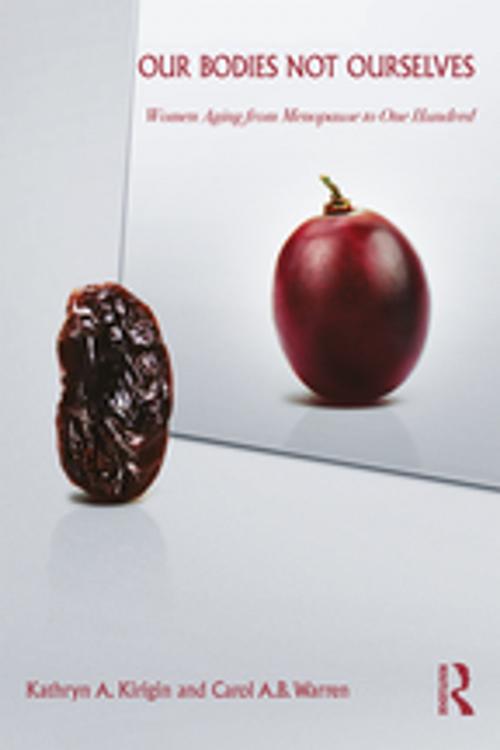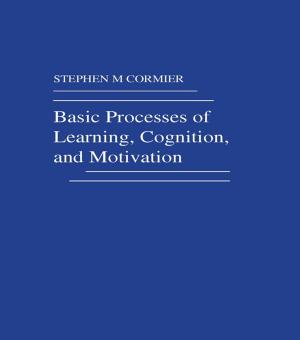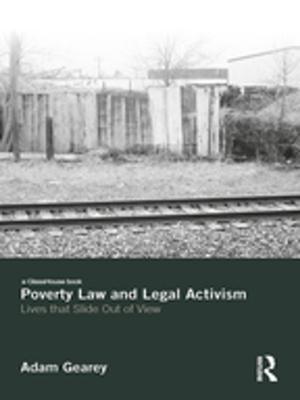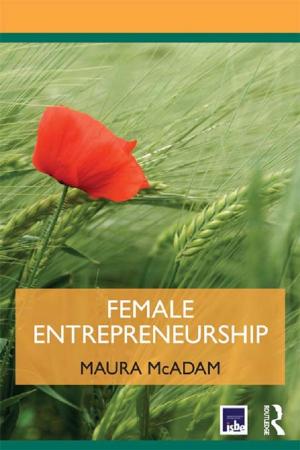Our Bodies Not Ourselves
WOMEN AGING FROM MENOPAUSE TO ONE HUNDRED
Nonfiction, Social & Cultural Studies, Social Science, Gerontology, Sociology| Author: | Kathryn A. Kirigin, Carol A.B. Warren | ISBN: | 9780429891250 |
| Publisher: | Taylor and Francis | Publication: | August 6, 2018 |
| Imprint: | Routledge | Language: | English |
| Author: | Kathryn A. Kirigin, Carol A.B. Warren |
| ISBN: | 9780429891250 |
| Publisher: | Taylor and Francis |
| Publication: | August 6, 2018 |
| Imprint: | Routledge |
| Language: | English |
In 1970, the best-seller Our Bodies Ourselves was published.The focus of the authors, the Boston Health Collective, was on the youthful female body: on reproduction, sexuality, genitalia, intimacy and relationships in the context of North American cultural expectations. Our Bodies Not Ourselves is also about the female body—but on women aging from menopause to 100. Like its predecessor*,* Our Bodies Not Ourselves covers sexuality, genitalia, intimacy, gender norms and relationships. But the aging woman's body has many other issues, from head to toe, from skeleton to skin, and from sleep to motion.
The book, an ethnography and Western cultural history of aging and gender, draws upon history, culture and social media, the authors’ own experiences as women of 70, and conversations and correspondence with more than two hundred women aged from 60-ish to 100. They consider the cultural and structural frameworks for contemporary aging: the long sweep of history, gendered cultural norms and the vast commercial and medical marketplaces for maintaining and altering the aging body. Part I, The Private Body, focuses on the embodied experiences of aging within our private households. Part II, The Public Body, explores weight, height, and adornment as old women appear among others. Part III, The Body With Others, sets the embodied experiences of aging women within their sexual and social relationships.
In 1970, the best-seller Our Bodies Ourselves was published.The focus of the authors, the Boston Health Collective, was on the youthful female body: on reproduction, sexuality, genitalia, intimacy and relationships in the context of North American cultural expectations. Our Bodies Not Ourselves is also about the female body—but on women aging from menopause to 100. Like its predecessor*,* Our Bodies Not Ourselves covers sexuality, genitalia, intimacy, gender norms and relationships. But the aging woman's body has many other issues, from head to toe, from skeleton to skin, and from sleep to motion.
The book, an ethnography and Western cultural history of aging and gender, draws upon history, culture and social media, the authors’ own experiences as women of 70, and conversations and correspondence with more than two hundred women aged from 60-ish to 100. They consider the cultural and structural frameworks for contemporary aging: the long sweep of history, gendered cultural norms and the vast commercial and medical marketplaces for maintaining and altering the aging body. Part I, The Private Body, focuses on the embodied experiences of aging within our private households. Part II, The Public Body, explores weight, height, and adornment as old women appear among others. Part III, The Body With Others, sets the embodied experiences of aging women within their sexual and social relationships.















